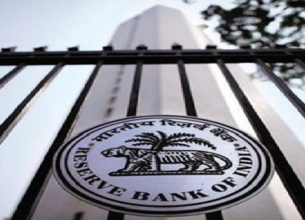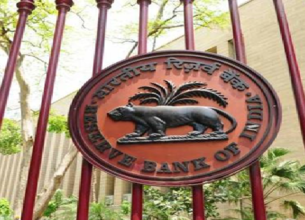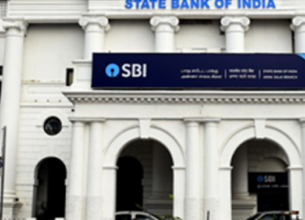SUPREME COURT RULING ON CRYPTOCURRENCY
05, Mar 2020

Why in News?
- The Supreme Court set aside a ban by the Reserve Bank of India (RBI) on banks and financial institutions from dealing with virtual currency holders and Exchanges.
Highlights:
- Virtual currency is the larger umbrella term for all forms of non-fiat currency being traded online. Virtual currencies are mostly created, distributed and accepted in local virtual networks.
- The court held that the ban did not pass the “proportionality” test. The test of proportionality of any action by the government, the court held, must pass the test of Article 19(1)(g), which states that all citizens of the country will have the right to practise any profession, or carry on any occupation or trade and business.
Reasons for RBI to Ban Cryptocurrency:
- Owing to the lack of any underlying fiat, episodes of excessive volatility in their value, and their anonymous nature which goes against global money-laundering rules.
- Risks and concerns about data security and consumer protection on the one hand, and far-reaching potential impact on the effectiveness of monetary policy.
- The RBI argues that owing to a significant spurt in the valuation of many virtual currencies and rapid growth in initial coin offerings, virtual currencies were not safe for use.
Cryptocurrency:
- There is no globally accepted definition of what exactly is virtual currency. Some agencies have called it a method of exchange of value; others have labelled it a goods item, product or commodity.
- Cryptocurrencies have an extra layer of security, in the form of encryption algorithms. Cryptographic methods are used to make the currency as well as the network on which they are being traded, secure.
-
Millennials, leveraging cryptocurrency tools, have become key players in the cryptocurrency market, drawn to the decentralized nature of blockchain technology. The transparent and globally visible ledger system inherent to most cryptocurrencies appeals to their values of financial autonomy and technological innovation. With an affinity for digital platforms and information accessibility, millennials actively invest in and contribute to the cryptocurrency space, using specialized tools for trading, portfolio management, and market analysis. This tech-savvy generation’s engagement with not only shapes the future of finance but also reinforces the decentralized ethos of virtual currencies, fostering a dynamic and accessible financial ecosystem.
- All users of such virtual currencies would be able to see and keep track of the transactions taking place.
















